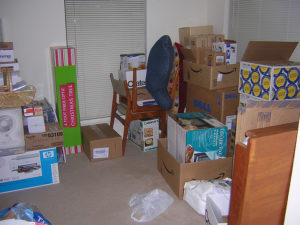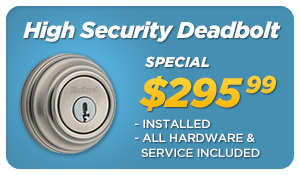Moving between homes can be a very exciting time. However, you are more likely to be burgled before and after your move. Here are some security tips to consider when moving, including: replacing the current locks, bolstering sliding doors and establishing a safe haven.
Continue reading to learn more about these 3 security tips to consider when moving:
Replacing the Current Locks
The first thing you should do when you move into a new house is to replace the current locks to your home using a vetted, inspected and qualified locksmith.
Ideally replace locks with a patented or a restricted locking system, do make sure you pick the correct lock though. Patented keys carry legal protection, preventing copies being made without providing proof of ownership, while restricted keys are unlikely to be copied due to their unusual design and unique mechanical features. This means that extra keys can’t be made without your knowledge and previous owners or tenants do not still have access to your home.
In addition, when patented keys are stolen or go missing, the existing key can be deleted from a locksmith’s key code database, the lock re-configured and new keys issued, ensuring that lost or stolen keys no longer work. Source: Locksmiths
Bolstering Sliding Doors
Balcony doors are great for sunshine and views, but they can pose a hazard if they are not properly secured. An unsecured sliding door can provide an intruder with a relatively untraceable and quiet entrance to your place. While it’s important to always lock your balcony door when it’s not in use, many sliding doors have inadequate locks and come off their tracks with just a nudge. For optimal security, make sure to arm your sliding door with an inside bar lock or a pole on the track. You can also install a secondary locking mechanism with a metal pin inserted through the doorframe and into the sliding door. Source: SafeWise
Establishing a Safe haven
Follow three basic steps in setting up a safe-haven in your home:
- Designate an internal room;
- Install a two-way communications system or telephone; and
- Furnish the safe haven with an emergency kit.
It is highly unlikely you would spend more than a few hours in a safe haven; however, the supplies listed below are suggested for your maximum safety. Your security officer can tell you more about how to select and secure your safe haven. Source: State










 Many locksmiths in the Vancouver / lower mainland area are looking to cut corners and reduce their accountability. Ask your locksmith if they are fully licenced, bonded and insured – like we are.
Many locksmiths in the Vancouver / lower mainland area are looking to cut corners and reduce their accountability. Ask your locksmith if they are fully licenced, bonded and insured – like we are.
Speak Your Mind